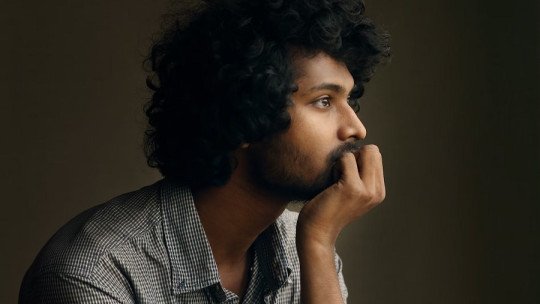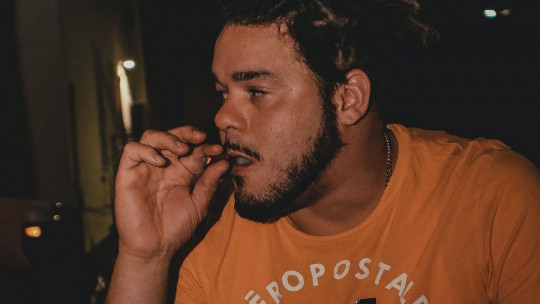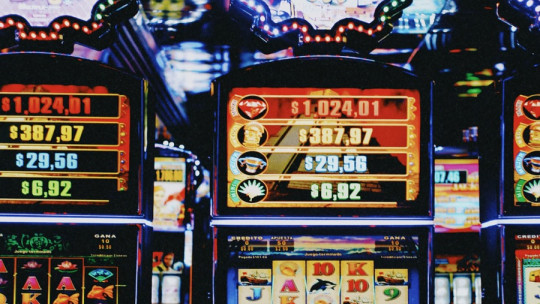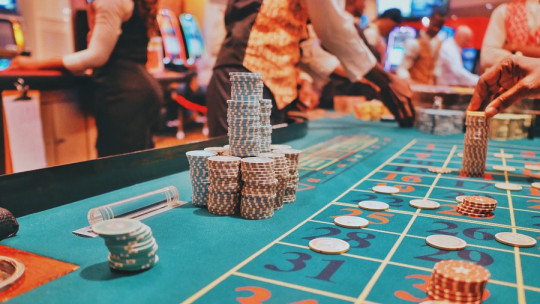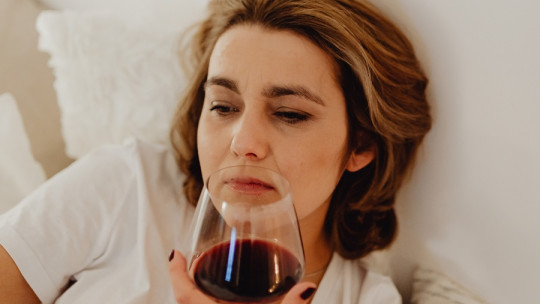
Many people ask me if addiction problems can influence other psychological problems, such as anxiety or depression. And my answer is always yes, without a doubt.
There are large correlations between the use of addictive substances and all types of psychological problems, and there is a bidirectional direction: Addictions increase the likelihood of developing other psychological problems, and almost any psychological problem increases the likelihood of developing addictive behavior problems.
What is dual pathology?
Dual pathology is the simultaneous existence of an addictive behavior disorder and other psychological disorders Each case is different, but there are usually two different scenarios:
Not all people with anxiety or depression develop addiction problems, just as not all people with addictive behavior problems develop other psychological problems. Each case is different, and depends on many factors from the context of the person, their genetics, their lifestyle, their support network, etc.
Anxiety and drug use
When we experience difficult situations, which we perceive as dangerous or threatening, we look for ways to feel better in the short term Most of the time, anxiety problems are a consequence of some of people’s “solution attempts.” For example, avoidance behaviors, moving away from what makes us feel bad, or looking for ways to feel less.
Well, that’s exactly what happens when people with anxiety use drugs like alcohol or marijuana. They seek to temporarily disconnect from their worries and the suffering of everyday life.
There comes a time when drug use becomes a habit, and the person develops tolerance to the effects of the drugs they consumed. So, to make anxiety disappear as quickly as before, he needs to consume higher doses. Which accelerates the development of your addiction.
That is why alcohol is the most consumed drug in the world, because millions of people have become accustomed to consuming it in all types of situations, without realizing that they are advancing little by little through the different phases of alcoholism. Some studies confirm that About a fifth of people who consume alcohol end up developing dependence problems at some point in their lives That’s why it’s crucial to understand how addictions and anxiety problems interact.
Depression and drug use
Something very similar to the previous case happens. People with depression are more likely to use certain drugs, which help them forget feelings of hopelessness, guilt or failure or simply feel more energetic on a daily basis.
I have worked with many patients who had depressive symptoms and addiction to cocaine (or other drugs). They used frequent cocaine consumption to feel the energy and confidence that they were not able to feel on a daily basis.
This also explains the great psychological dependence on drugs (in addition to physical dependence). When the person tries to stop using, in addition to experiencing physical withdrawal syndrome, he feels unable to cope with everyday situations without the effects of the drug. Regular drug use is an attempt to self-medicate
How is dual pathology treated?
The most effective treatment for dual pathology is psychotherapy, accompanied by psychotropic drugs in the most serious cases.
With the help of a mental health professional and addiction specialist the person will become aware of their behavioral patterns, how their addictive behaviors interact with their anxiety or depression problems (or any other psychological problem, such as eating disorders).
- Related article: “Why willpower is not always enough to deal with psychological problems”
What problem should be treated first?
It depends on the case, because each person is different. Normally, after evaluating the case, the person and the psychologist will decide together the therapeutic priorities. Normally, we will work on the problem that is most limiting the person’s daily life, or that entails the greatest risk to the person’s life.
Therefore, in most cases, The person’s addiction problems will be worked on, and then the anxiety or depression problems will be worked on as part of the global relapse prevention strategy.
How to overcome addictions (even if you have anxiety or depression)
A very important aspect of any treatment to overcome addictions is to help the person learn new tools and strategies to face difficult everyday situations (without having to use drugs).
Working on the person’s anxiety or depression problems is essential, since These symptoms will be the main triggers for relapses in the person’s daily life Even if the person begins the process with a lot of motivation and good intentions, if he does not work on his other psychological problems, he will end up relapsing into consumption sooner or later.
My name is Luis Miguel Real, and I have been working as a psychologist specializing in addictions for years. If you suffer from an addiction problem, I can help you.



